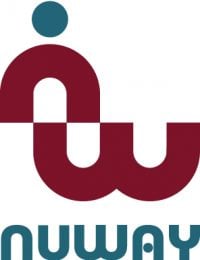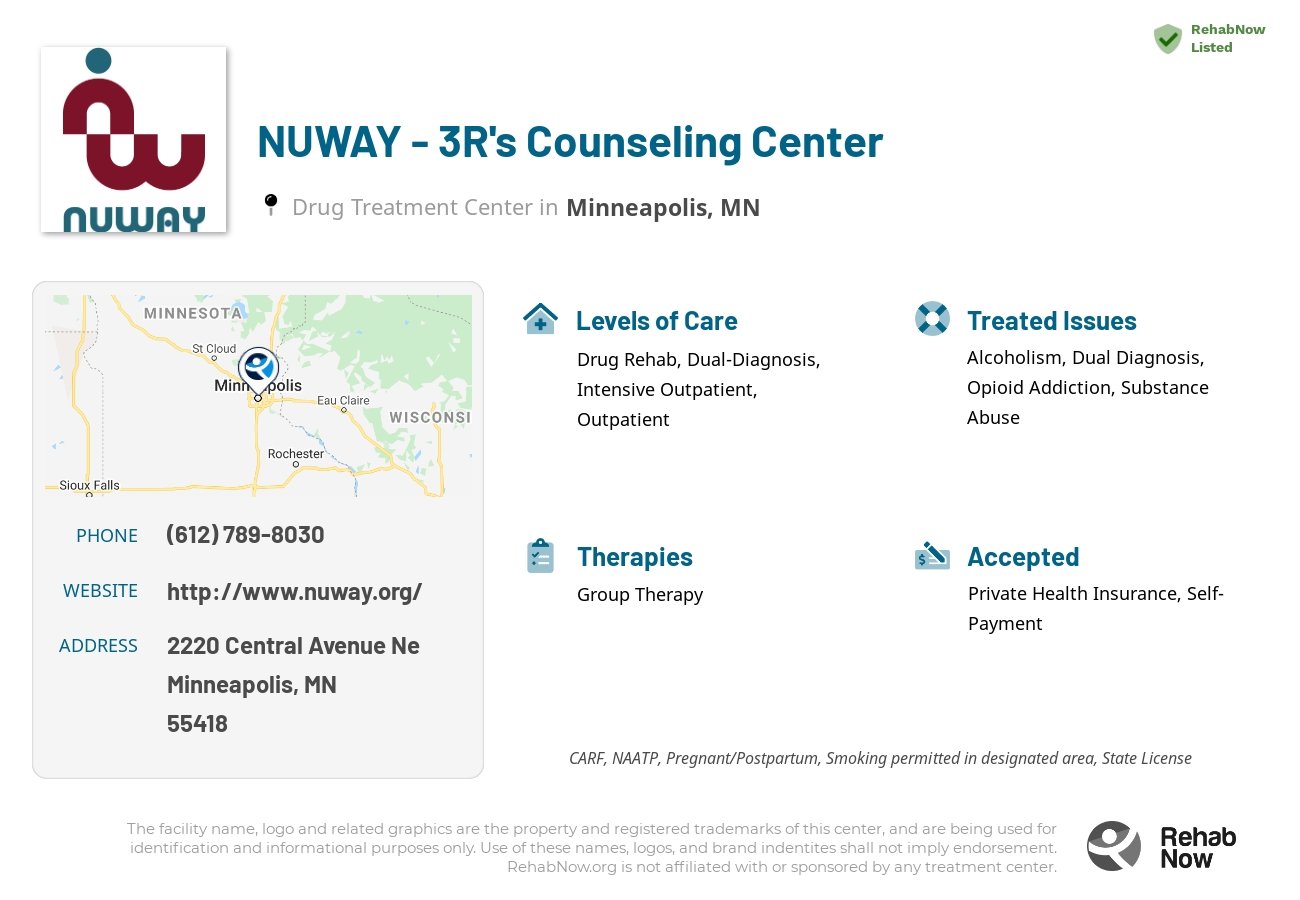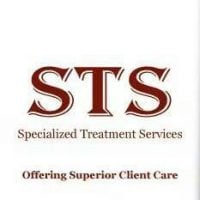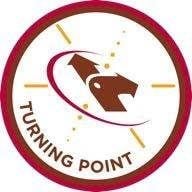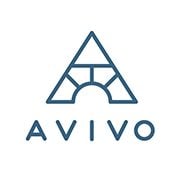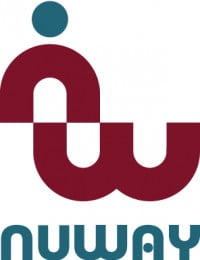NUWAY - 3R's Counseling Center
Drug Rehab Center in Minneapolis, Minnesota
NUWAY - 3R's Counseling Center in Minneapolis, Minnesota is an addiction treatment facility that offers comprehensive and compassionate care to individuals struggling with addiction, substance abuse, and mental health disorders, while upholding stringent standards of quality and professionalism.
About This Minnesota Facility
NUWAY - 3R's Counseling Center is an addiction treatment facility located in Minneapolis, Minnesota. Established in 1966, it has been providing comprehensive and compassionate care to individuals struggling with alcoholism, opioid addiction, substance abuse, dual diagnoses, drug addiction, and mental health disorders. Accredited by the Joint Commission on Accreditation of Healthcare Organizations (JCAHO) and a member of the National Association of Addiction Treatment Providers (NAATP), NUWAY - 3R's Counseling Center upholds stringent standards of quality and professionalism. Additionally, they accept private health insurance, ensuring that individuals can access the care they need to overcome addiction and achieve lasting recovery.
NUWAY - 3R's Counseling Center offers a range of services tailored to meet the unique needs of individuals facing addiction and substance abuse challenges. These services include drug rehabilitation, dual-diagnosis treatment, intensive outpatient programs, outpatient programs, partial-hospitalization programs, and aftercare support. Their multidisciplinary team of experienced professionals provides evidence-based treatments and therapies, such as individual and group counseling, cognitive-behavioral therapy, motivational interviewing, medication-assisted treatment, and holistic approaches. With a focus on personalized care and ongoing support, NUWAY - 3R's Counseling Center is dedicated to helping individuals reclaim their lives from addiction and achieve long-term recovery.
Genders
Ages
Modality
Additional
Accreditations
NAATP

JCAHO
Conditions and Issues Treated
A drug abuser needs help because if no one helps them, they will not leave their vicious circle.
People who abuse drugs are likely to suffer from an addiction, which can cause serious health problems. It can also cause quarrels with people around them. It is common for drug abusers to have difficulty holding down jobs or relationships, but sometimes people around them can be quite tolerant. There are cases where the families of the drug abusers do not want to see them get any help, and the subject becomes controversial.
When it comes to helping drug abusers get sober, there are many options to choose from. It is essential to state that there is no “correct” way of doing things. People are different, and they need different types of help to get over their addiction.
Opioid addiction treatment should be done in a medically supervised drug rehab. Opioid addiction treatment will include detoxification and drug rehab counseling to help both the user and their loved ones learn how to live a successful sober lifestyle. Methadone, buprenorphine, and naltrexone are three medications that can help treat opioid addiction. Individual drug rehab counseling sessions can be helpful to discuss any questions or concerns with the drug treatment program.
When addiction and psychiatric issues co-occur, the addict’s recovery is more successful when both conditions are treated. A dual diagnosis refers to a condition in which the patient is diagnosed with two health issues: addiction and bipolar disorder.
Usually, dual diagnosis sufferers are prescribed a combination of treatments for each condition. The most common therapies are psychotherapy, behavioral therapy, spiritual counseling, 12-step programs, and medication management.
Psychiatric conditions are an obstacle to recovery because they can create roadblocks to a healthy lifestyle. Drugs and alcohol may be used as a means of self-medication, which can have dangerous consequences. Over time, addicts build up a tolerance and suffer withdrawal symptoms when drug use is stopped.
With the proper treatment, dual diagnosis sufferers can overcome their conditions and achieve lasting sobriety.
Levels of Care Offered at NUWAY - 3R's Counseling Center
This center offers a variety of custom treatment tailored to individual recovery. Currently available are Aftercare Support, Drug Rehab, Dual-Diagnosis, Intensive Outpatient, Outpatient, Partial-Hospitalization, with additional therapies available as listed below.
The Intensive Outpatient Program at NUWAY - 3R's Counseling Center is for those who need intensive care but would rather get it in the comfort of their own home. The treatment programs vary in duration and intensity and can be tailored to suit the individual’s needs. IOP helps the patient to live at home and gradually get back to their routine life.
Daily trips to the hospital that provides the treatment include intensive outpatient services (IOP). The patients gradually get back to their everyday lives. IOP benefits the most when the patients have a supportive family member or friend who can encourage them in their recovery.
Individuals struggling with drug addictions can get help from several treatment options, including inpatient and outpatient programs. Outpatient drug treatment programs can also provide patients with different levels of care, usually depending on the patient’s degree of addiction.
At an outpatient program in Minneapolis, a patient will attend a recovery program during the day and return home in the evening. Suppose a patient is struggling with drug addiction. In that case, an outpatient program can serve as an effective transition point during the recovery process.
Partial Hospitalization Program is when a person in rehab takes part in regular treatment sessions, at least five days per week (and sometimes six), during all or most hours of the day, at NUWAY - 3R's Counseling Center. These programs vary in length, but they can last anywhere from one month to three months—or longer.
This is done through the use of a method called “therapeutic community.” PHPs are very intense, and they are best for individuals who have completed a successful, medically supervised withdrawal.
Aftercare is a part of drug rehabilitation. It is also known as “post-treatment support.” Aftercare programs are available for addicts after they complete drug rehab. It is often the final step in the recovery process. The goal of aftercare is to ensure that addicts maintain their achievements in rehab and do not relapse. Professionals generally provide aftercare (including addiction therapists, physicians, social workers, psychologists) and involve individual and group therapy sessions.
Therapies & Programs
Couples therapy is beneficial for couples in which at least one partner has a substance use disorder. This type of therapy can help partners improve communication skills, which is an important factor in a healthy relationship. It can also help partners better understand one another so they have a greater understanding of how the other partner may be feeling.
Benefits of couples therapy include:
- Improvement in communication skills
- Increased understanding of the dynamics within a relationship
- Increased sense of support and trust in the relationship
- Better teamwork between partners/increased willingness to listen and work together
- Enhanced tolerance of each other’s shortcomings
- Improved ability to have open, honest communication with each other
Family therapy is a crucial part of drug treatment and getting sober. It is one of the most effective ways to help addicts stay on the path to long-term sobriety. When a drug addict decides that they want to try and get sober, it takes the support of every person they love to succeed. It can be incredibly difficult for loved ones to watch an addict go through the pain and suffering of withdrawal, but by being there with them and supporting them, they can help to make sure that the addiction never returns.
One of the most important parts of family therapy is the relapse prevention plan. During treatment, therapists and doctors will often sit down with the addict and their family to develop a plan in case the addict ever feels like they want to use again. This plan should involve steps the addict and family can take together to prevent them from relapsing in the future. An addict’s family can play a vital part in helping them to avoid relapse because they can spot the warning signs and help them get back on track before it becomes too much of a problem.
Group therapy helps prevent addicts from feeling isolated or unique in their situation by offering a sense of comfort and fellowship. It also creates a forum for addicts to build their support systems and learn from each other. The group therapy sessions at NUWAY - 3R's Counseling Center occur in a group setting rather than one-on-one to create a safer, controlled environment where addicts feel comfortable.
Trauma therapy helps people dealing with addiction by allowing them to confront the traumas of their past and move past them. It is important to note that trauma therapy should not be confused with PTSD (post-traumatic stress disorder) Rather, it is used to treat the effects of trauma, which are often at the root of addiction.
Dialectical Behavior Therapy was developed in the 1980s to treat chronically suicidal individuals. It is a cognitive-behavioral therapy that combines strategies derived from Zen Buddhism, such as mindfulness training. DBT has been adapted for use with other types of psychiatric problems, including substance abuse and personality disorders. DBT aims to help patients change their thinking and behavior, instead of relying on medication.
Cognitive Behavioral Therapy (CBT) is a common therapeutic approach to help drug addicts. It teaches addicts new ways of thinking and behaving so that they can avoid relapse. There are several forms of CBT used in drug rehabilitation centers.
Cognitive Restructuring helps addicts identify faulty, negative thinking so that they can work together with the therapist to find healthier ways of thinking, resulting in better decision-making.
Cognitive Behavioral Therapy for Addiction uses the principles of CBT to help treat addiction. It focuses on specific aspects of each person’s thinking, feeling, physiology, and behavior. It aims to identify specific problems in these areas and create a personalized treatment strategy.
Rational Emotional Behavior Therapy aims to help you understand your emotions and how they affect your behaviors and addiction. It breaks down the addiction and behaviors behind it. Those who complete the program will identify their feelings and reactions and positively change their behaviors.
Entering a 12-step program allows people to accept that they struggle with an addiction on their own terms. It breaks down the process into 12 steps and gives recovering patients the ability to self help themselves without feeling rushed.
In Alcoholics Anonymous, members follow “The Big Book,” which contains guidelines for sobriety and offers support from fellow participants who have been through similar struggles. Many drug users also turn to Narcotics Anonymous or Pills Anonymous when they are looking at seeking treatment.
Both Narcotics Anonymous and Alcoholics Anonymous have 12 steps in common. They address issues that include ‘admitting there is a problem,’ taking control of the addiction, learning to listen to others without judgment, making amends, and more.
Contingency Management (CM) is one of many forms of Cognitive Behavioral Therapy (CBT) It helps people get sober/clean by rewarding them for sobriety or just staying clean. Rewards can come in many forms, like getting paid $10-$15 per drug-free urine sample or even just getting extra points towards earning something as simple as extra phone privileges. Research has shown that when people are not given any reward system upon leaving treatment, they relapse more often.
Payment Options Accepted
For specific insurance or payment methods please contact us.
Is your insurance accepted?
Ask an expert, call (888) 674-0062
Additional Details
Specifics, location, and helpful extra information.
Minneapolis, Minnesota 55418 Phone Number(612) 789-8030 Meta DetailsUpdated November 25, 2023
Staff Verified
Patient Reviews
There are no reviews yet. Be the first one to write one.
Minneapolis, Minnesota Addiction Information
Minnesota is fighting an opioid epidemic that is leaving hundreds of its residents dead each year. Both prescription opioids and illicit opioids are widely abused in the Land of 10,000 Lakes. Heroin continues to be one of the most commonly abused drugs in the state, if not the most common illicit drug. Over 10% of all treatment admissions in Minnesota list heroin as their drug of choice.
The drug addiction problem in Minneapolis, Minnesota, is relatively bad. About 8.5% of people in Minneapolis abuse drugs. Additionally, there were 536 drug overdose deaths in 2016, a 20% increase from the previous year. There were 5,191 treatment admissions for primary alcohol dependence in 2016. Some of the most common programs include inpatient rehab, outpatient rehab, and sober living homes.
Treatment in Nearby Cities
- Monticello, MN (33.6 mi.)
- Hastings, MN (26.8 mi.)
- Morris, MN (136.0 mi.)
- Big Lake, MN (32.5 mi.)
- Duluth, MN (134.7 mi.)
Centers near NUWAY - 3R's Counseling Center
The facility name, logo and brand are the property and registered trademarks of NUWAY - 3R's Counseling Center, and are being used for identification and informational purposes only. Use of these names, logos and brands shall not imply endorsement. RehabNow.org is not affiliated with or sponsored by NUWAY - 3R's Counseling Center.
